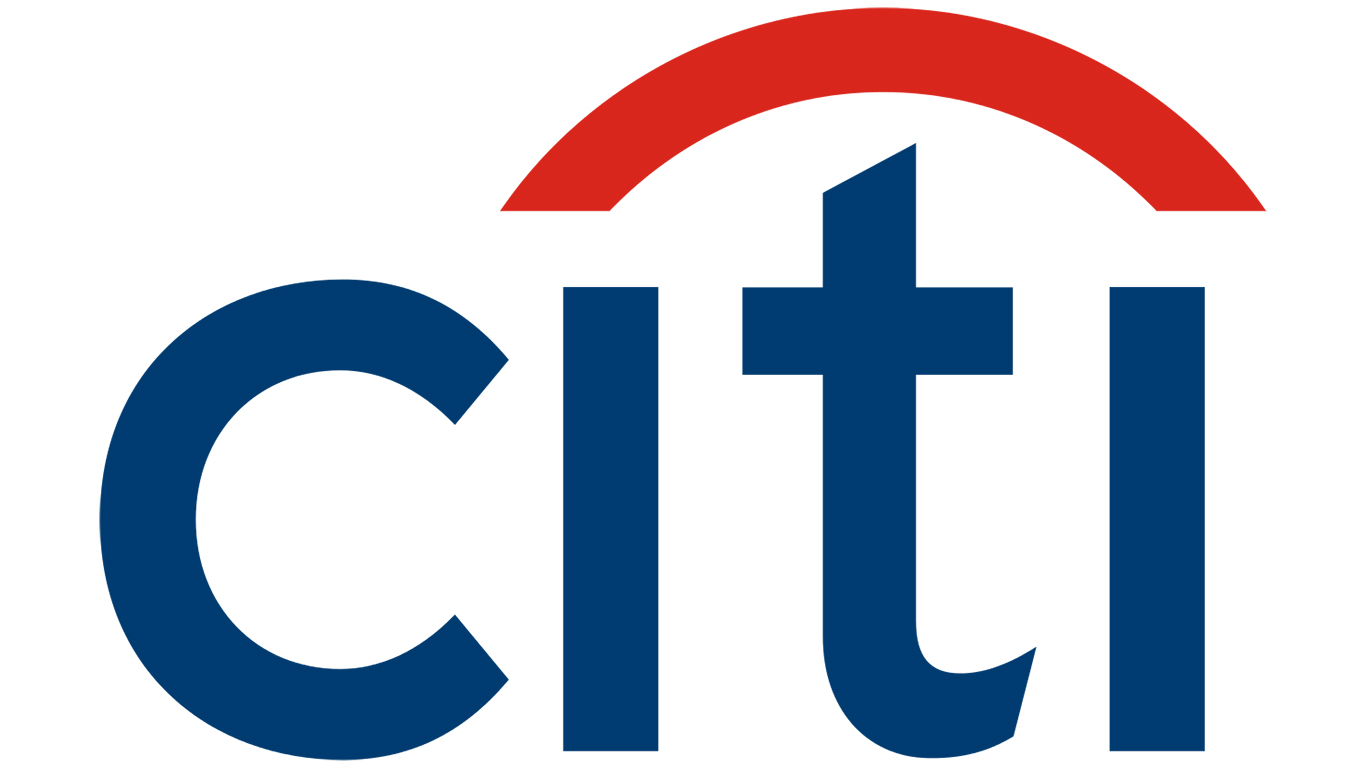Banking, finance, and taxes
Citigroup's Incredible Fixed Income Growth Is Not Good Enough?

Published:

Citigroup Inc. (NYSE: C) reported its second-quarter financial results before the markets opened on Tuesday. The bank said that it had $0.50 in earnings per share (EPS) and $19.8 billion in revenue, while consensus estimates had called for $0.28 in EPS and $19.11 billion in revenue. The same period of last year reportedly had $1.95 in EPS and $18.76 billion in revenue.
Management noted that while credit costs weighed down net income, the overall business performance was strong during the quarter. The Institutional Clients Group had an exceptional quarter and Global Consumer Banking revenues were down as spending slowed significantly due to the pandemic.
One thing that stands out in this report was that the Markets and Securities Services (a subset of Institutional Clients Group) saw revenues increase 48% to $6.9 billion. Fixed Income Markets revenues of $5.6 billion increased 68%, reflecting strength in rates and currencies, spread products and commodities.
In terms of its segments, the bank reported:
Citigroup’s end-of-period loans were $685 billion as of quarter’s end, up 1% from last year. End-of-period deposits were $1.2 trillion, an increase of 18%.
Citigroup’s allowance for credit losses on loans was $26.4 billion at quarter end, or 3.89% of total loans, compared to $12.5 billion, or 1.82% of total loans, at the end of the prior-year period.
Book value per share increased 5% year over year to $83.41, and tangible book value per share increased 5% to $71.15. This was largely driven by a reduction in outstanding common stock.
Citigroup stock traded down about 2% to $51.26 on Tuesday, in a 52-week range of $32.00 to $83.11. The consensus price target is $69.29.
After two decades of reviewing financial products I haven’t seen anything like this. Credit card companies are at war, handing out free rewards and benefits to win the best customers.
A good cash back card can be worth thousands of dollars a year in free money, not to mention other perks like travel, insurance, and access to fancy lounges.
Our top pick today pays up to 5% cash back, a $200 bonus on top, and $0 annual fee. Click here to apply before they stop offering rewards this generous.
Flywheel Publishing has partnered with CardRatings for our coverage of credit card products. Flywheel Publishing and CardRatings may receive a commission from card issuers.
Thank you for reading! Have some feedback for us?
Contact the 24/7 Wall St. editorial team.